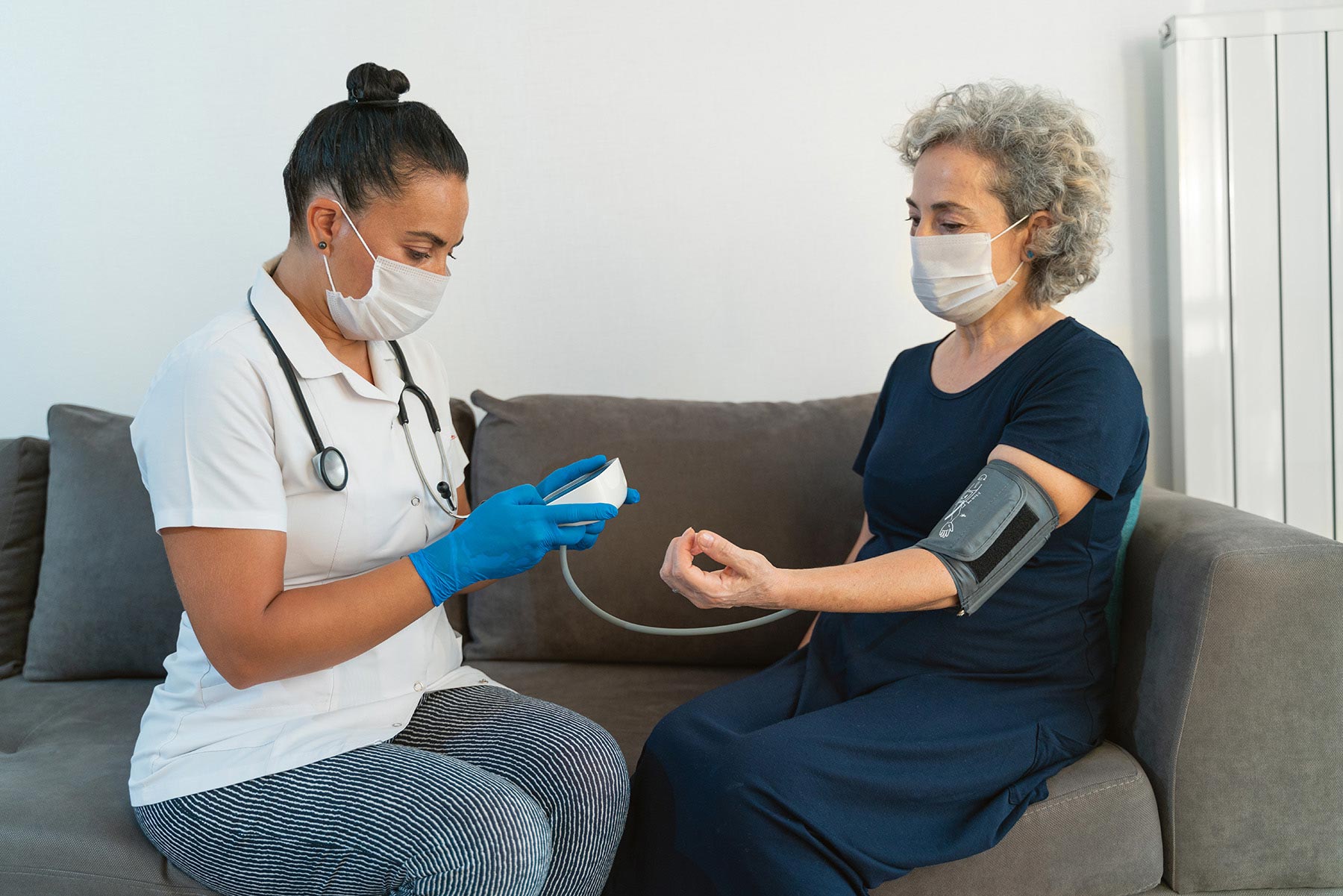High Blood Pressure: Your Numbers Can Affect Your Health

If you’re under age 45, you probably aren’t too worried about high blood pressure. What do those numbers mean, anyway? Actually, they can reveal your risk for serious health complications in the future.
“Ask yourself, who in your family has high blood pressure (HBP or hypertension) or takes blood pressure medications,” said Maria Carolina Delgado-Lelievre, M.D., a hypertension and cardiovascular prevention specialist at the University of Miami Health System. “If just one grandparent has a history of hypertension, the likelihood is that the next generations will carry the risk and become hypertensive in the future.”
The American Heart Association is concerned about the increased risk for hypertension and heart disease among about 31 million Americans, including young adults.
Why is this so important? Because hypertension is the number one risk for heart attack and strokes, the leading causes of death in United States.
Dr. Delgado-Lelievre
HBP can lead to complications including heart attack or heart failure, stroke, kidney disease, aneurysms, eye damage, and cognitive impairments. If your numbers are consistently high, the condition can weaken and damage your blood vessels.
What do your numbers mean?
“Hypertension is more than what we see on a blood pressure device,” said Dr. Delgado. “It’s not a disease that just shows up. It starts early in childhood as a progressive malfunction of your arteries (vasculature) that, over time, can be detected as elevated blood pressure numbers.”
When you measure your blood pressure, the numbers reveal your systolic pressure (while the heart is pumping blood) and diastolic pressure (while the heart rests between beats). The numbers are presented like a fraction with systolic “over” diastolic.
According to the American Heart Association’s new guidelines:
- Normal blood pressure is less than 120 systolic over less than 80 diastolic (or 120/80 mm Hg).
- If you have a systolic reading between 130 and 139, or a diastolic reading between 80 and 89, you have stage 1 high blood pressure.
If your numbers typically fall within the elevated range, consider it a wake-up call.
How to lower your blood pressure
Luckily, positive lifestyle changes can positively impact your blood pressure and overall health. Your doctor determines if medication (or a change to your current hypertension medication) will help to bring your numbers under control. Healthy behaviors and habits are good for your whole body, your brain, and your waistline, as well as your heart.
These are the most effective, non-pharmaceutical ways to lower your HBP:
- Maintain a healthy weight
- Eat a heart-healthy diet
- Reduce sugar and sodium
- Avoid tobacco use
- Drink alcohol in moderation
- Drink more water
- Reduce emotional/mental stress
- Get more sleep
“Make measuring your blood pressure a family activity. If you, your kids or a family member starts showing systolic blood pressure at or above 120, recognize that it’s time to go to the physician. Understand that high blood pressure is an indicator of a systemic disease that, if left untreated, will put you at risk of heart attack and stroke.”
The only way to rule out or diagnosis HBP is to regularly measure and evaluate your numbers. Talk to your doctor today.
Dana Kantrowitz is a contributing writer for UMiami Health News.
Tags: blood pressure guidelines, blood pressure numbers, Dr. Maria Carolina Delgado-Lelievre, high blood pressure, hypertension
